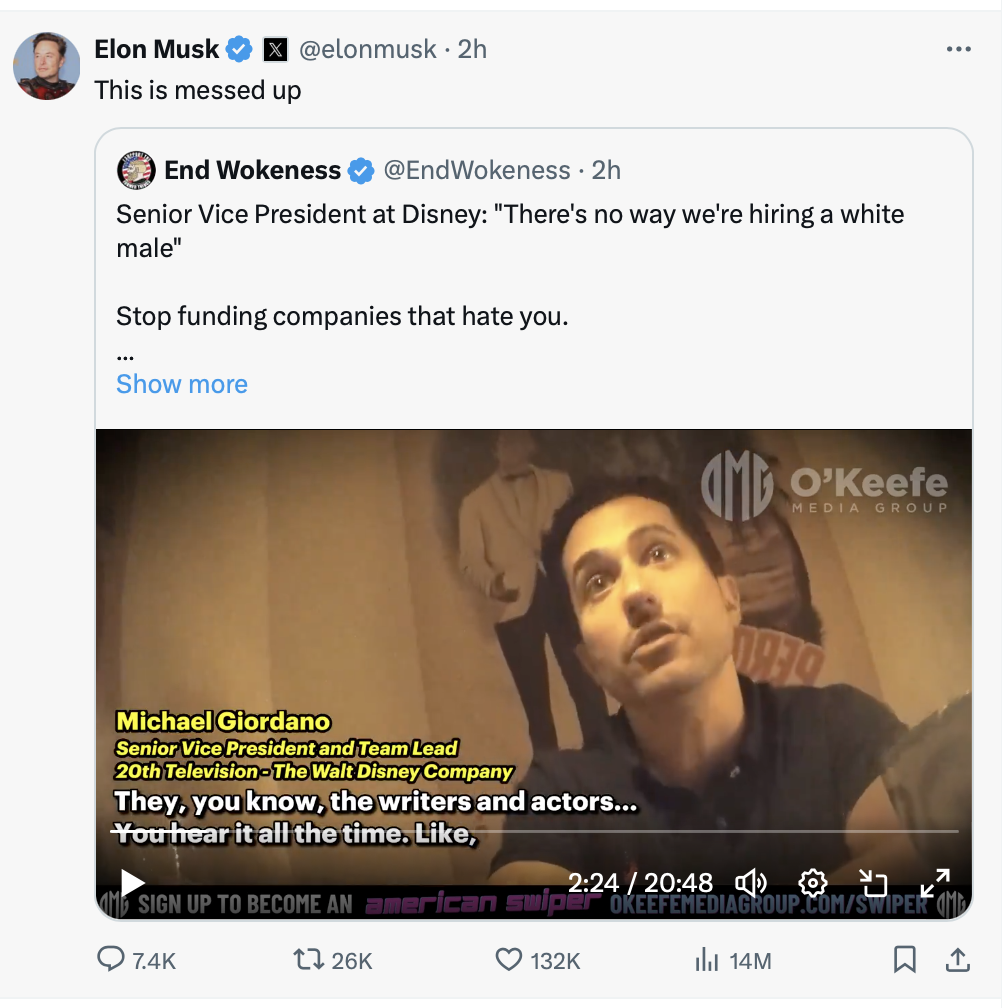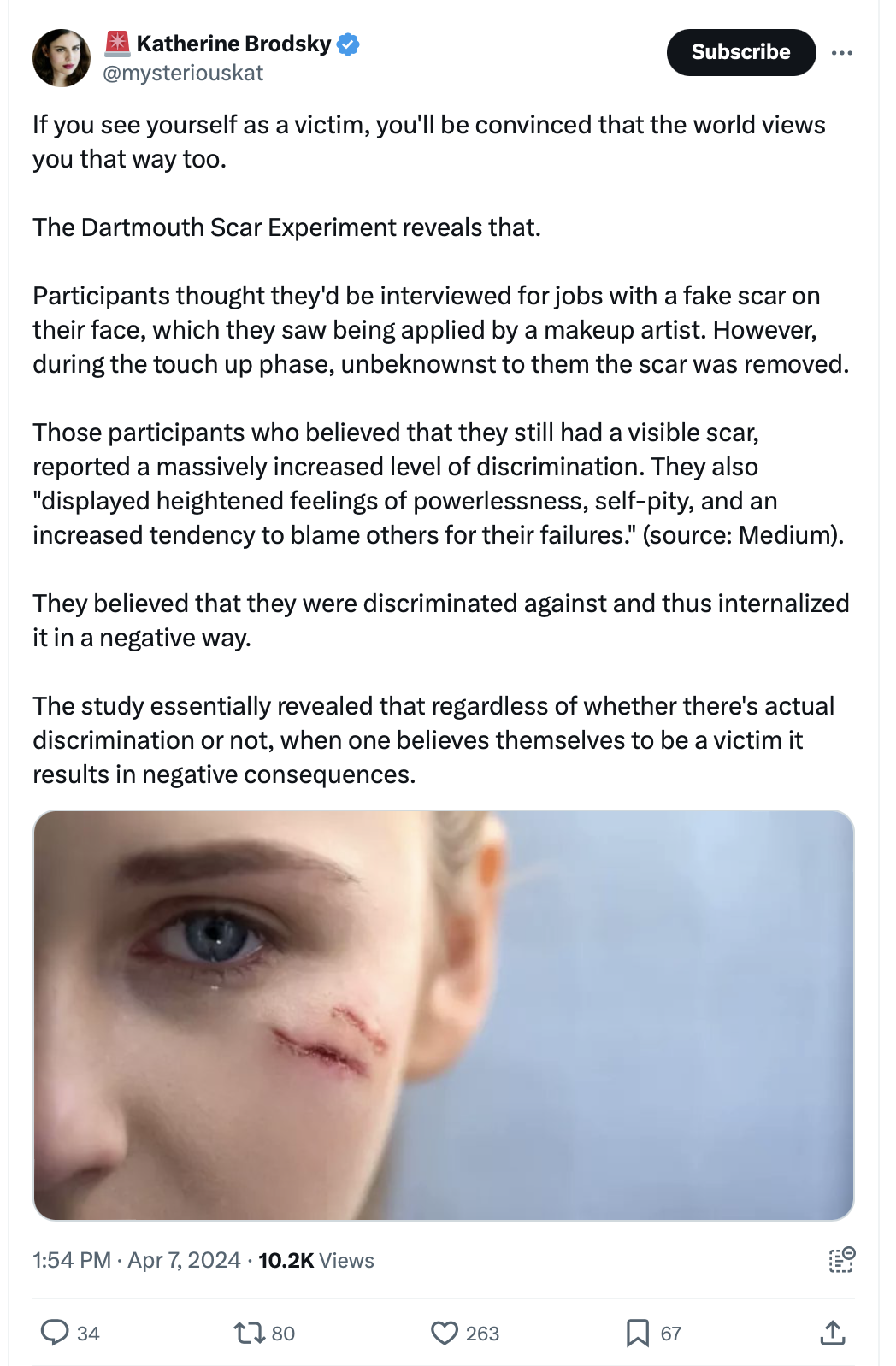What (Really) is DEI?
A new article examines the many problems of DEI. Jerry Coyne discusses this article in his own article, "More ideology in science: DEI infects the process for handing out scientific grants". In this post, I want to focus on "What is DEI," which refers to the triply problematic "Diversity, Equity and Inclusion." Coyne's excerpt:
While no reasonable person can oppose the morality of trying to to give every American equal opportunity to become a scientist (and that starts with birth), the mandates that condition federal funding call not for equal opportunity, but for equity—“equal outcomes” so that minoritized groups—not just races, but LGBTQ+, the disabled, women, and anybody said to be disadvantaged because of oppression—are represented in proportion to their occurrence in the general population. Here’s the authors’ construal of DEI as it is actually implemented by the government:
Actual DEI policies do not promote viewpoint diversity, equitable treatment of individuals based on their accomplishments, or equal opportunity for individuals regardless of their identity (e.g., race, sex, ethnicity). It can scarcely be questioned (Krylov and Tanzman, 2024) that DEI programs today are driven by an ideology, an offshoot of Critical Social Justice1 (CSJ) (Pluckrose, 2021; Deichmann 2023). DEI programs elevate the collective above the individual. They group people into categories defined by immutable characteristics (race, sex, etc.) and classify each group as either “privileged” or “victimized,” as “oppressor” or “oppressed.” The goals of DEI programs are to have each group participate in proportion to their fraction of thepopulation in every endeavor of society and to obtain proportionate outcomes from those endeavors. Disproportionate outcomes (with respect to science, such outcomes as publications, funding, citations, salaries, and awards), or disparities, are axiomatically ascribed to systemic factors, such as systemic racism and sexism, without consideration of alternative explanations (Sowell, 2019, 2023). Claims, such as “The presence of disparities is proof of systemic racism” and “Meritocracy is a myth” are propagated widely despite the vagueness of the claims and their lack of support by concrete data. Similarly, tenets that are central to DEI ideology—such as diversity is excellence, diverse teams outperform homogenous teams, and the advancement of women is impeded by biases—lack a robust evidence base, particularly when applied to science (Abbot et al., 2023; Krylov and Tanzman, 2023; Ceci et al., 2021, 2023).Note that several important claims, including the assertion that underrepresentation of minoritized groups is due to ongoing systemic racism (which would be illegal) and that diverse scientific teams consistently outperform more homogeneous ones. Neither claim is supported by evidence.
My own opinion (and that of the authors; see below) is to give as many people as possible the opportunity to do science, and choose for advancement those who do the best work. That might not result in equity, but it does allow equal opportunity. I recognize, of course, that we’re a long way from giving different groups equal opportunity, which must begin at or even before birth. But equal opportunity is the only permanent way to solve the problem of disproportional representation in science (or any endeavor). Effecting that will be hard, and requires immense effort, money, and empirical tests of educational systems, but once it’s in place, unequal representation would reflect other things, like behavioral differences or differential preferences among groups.


